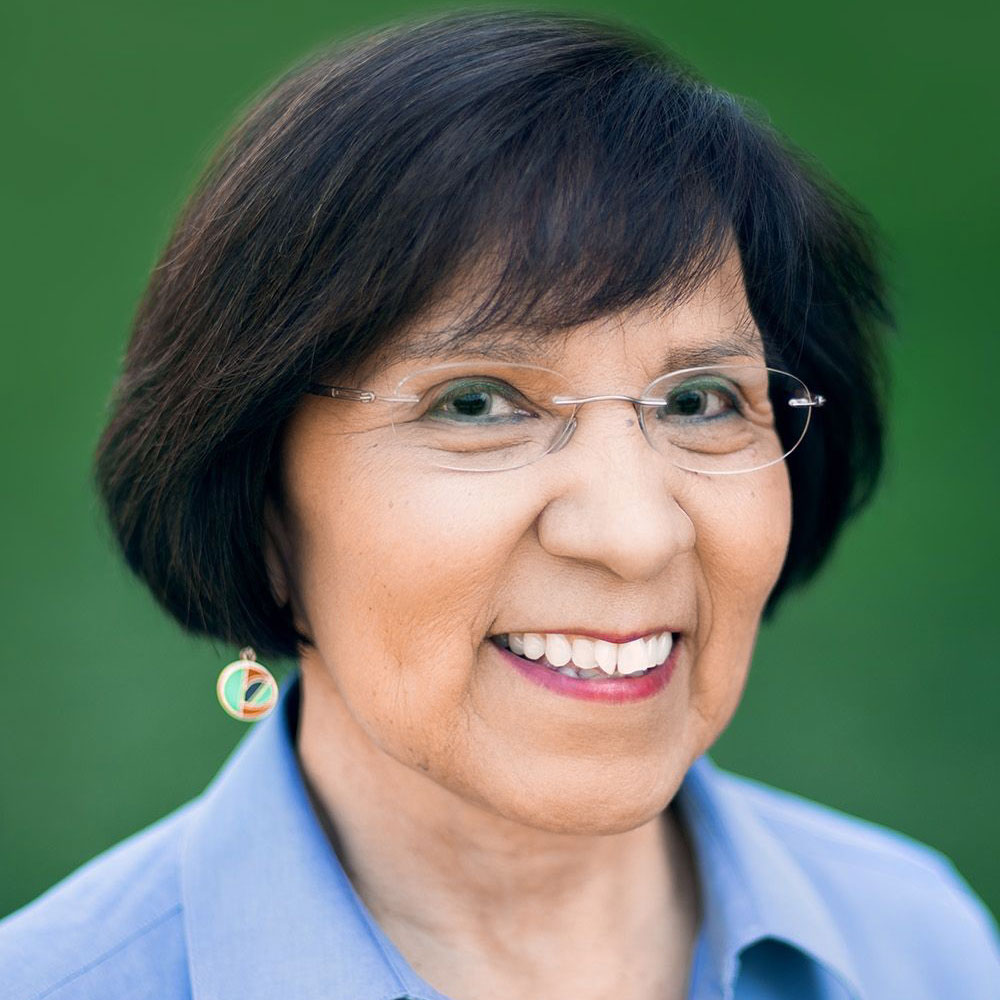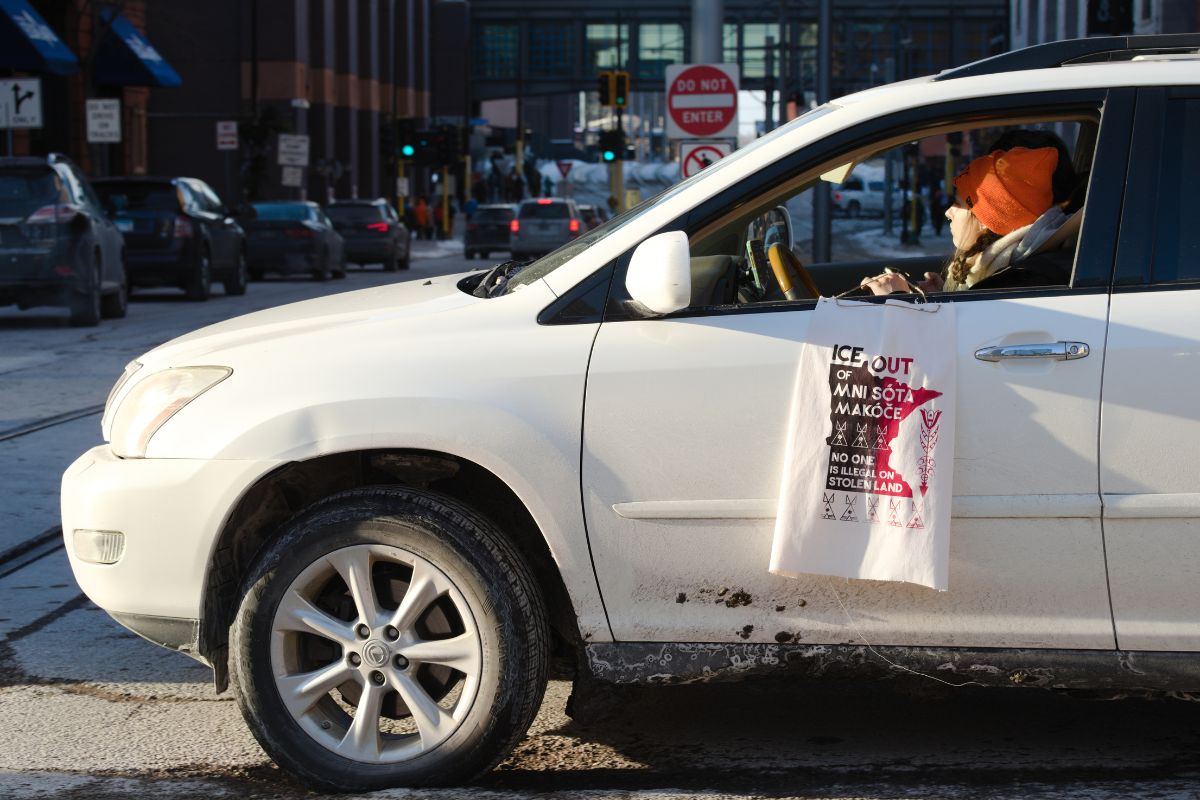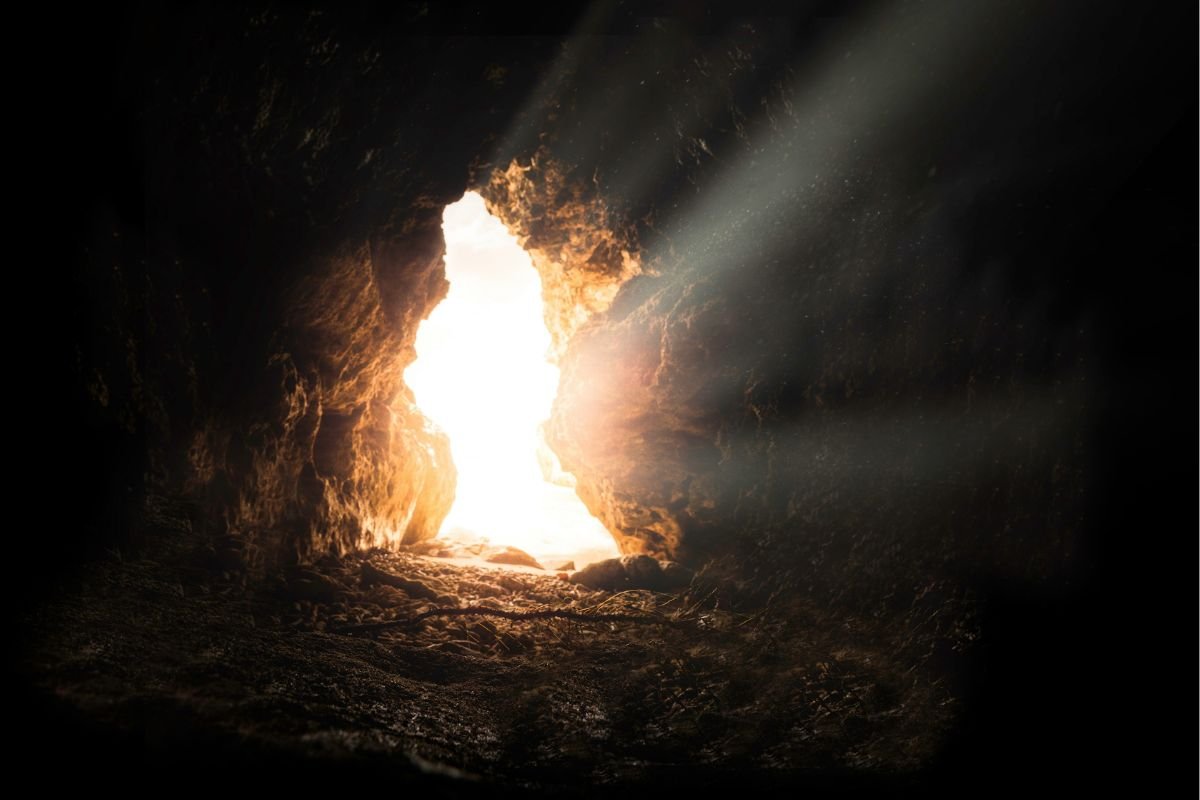
In 1966, billionaire philanthropist Doris Duke funded a project in which professors, researchers, and graduate students from seven universities collected thousands of oral recordings from Native Americans. Now, half a century later, the Doris Duke Charitable Foundation is funding those universities to preserve and digitize the original recordings and return them to those who made them.
Alyce Sadongei is leading the project. She’s co-director of the Doris Duke Native Oral History Revitalization Project at the Arizona State Museum, University of Arizona. In our latest Tiny Spark podcast, Sadongei says the project is meaningful but it also raises concerns about how archives are conceived and created in the first place.
Sadongei says that, on the one hand, she is pleased with the project, and the “spiritual work the tribes are doing now” to make sure that the knowledge shared by their ancestors is carried on. But as she listens to the recordings, Sadongei has also grown concerned by the methods some academics—many of whom were graduate students—used when creating them.
“As I’m listening to these tapes, I’m getting the sense that at that time, some of these students went out, some were very young and naive, and some, I don’t know if they understood the power dynamic, but they probably weren’t even conscious of it,” Sadongei says. “There was very little informed consent happening,” she explains, “so this is all through the lens of the interviewer.”
Sadongei also shares her experiences as the first Native American director of the American Indian Museums Study program at the Smithsonian. She says there have been some changes from the White supremacist structures that have historically governed museums. But Sadongei remains frustrated by the pace and extent of change. “I guess I’m an impatient person,” she says, adding that some museums still ask how to connect with tribal communities. “I can’t believe that people are still saying that.” But Sadongei goes on to explain that the work tribal museums are doing gives her hope. “We can manage and interpret our own culture. We don’t have to have someone else do it for us.”
Sign up for our free newsletters
Subscribe to NPQ's newsletters to have our top stories delivered directly to your inbox.
By signing up, you agree to our privacy policy and terms of use, and to receive messages from NPQ and our partners.
Image Credit: Michelle Dillon, www.stonecrowphoto.com
ADDITIONAL RESOURCES:
Livia Gershon, “$1.6 Million Grant Will Support Digitization of Native American Oral Histories,” Smithsonian Magazine, February 11, 2021.
Susan Montoya Bryan, “Fresh funding aims to revitalize Indigenous oral history,” AP, February 9, 2021.
Jennifer R. O’Neal, “‘The Right to Know’: Decolonizing Native American Archives,” Journal of Western Archives, 2015.
Lorraine Boissoneault, “Museums Once Coated Native Cultural Objects in Toxic Pesticides,” Atlas Obscura, July 9, 2020.
Nick Fouriezos, “The Native Americans Changing the World,” OZY, March 16, 2021.










